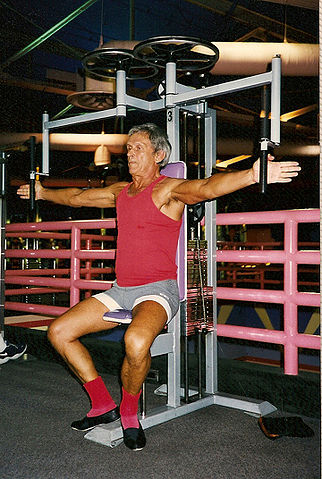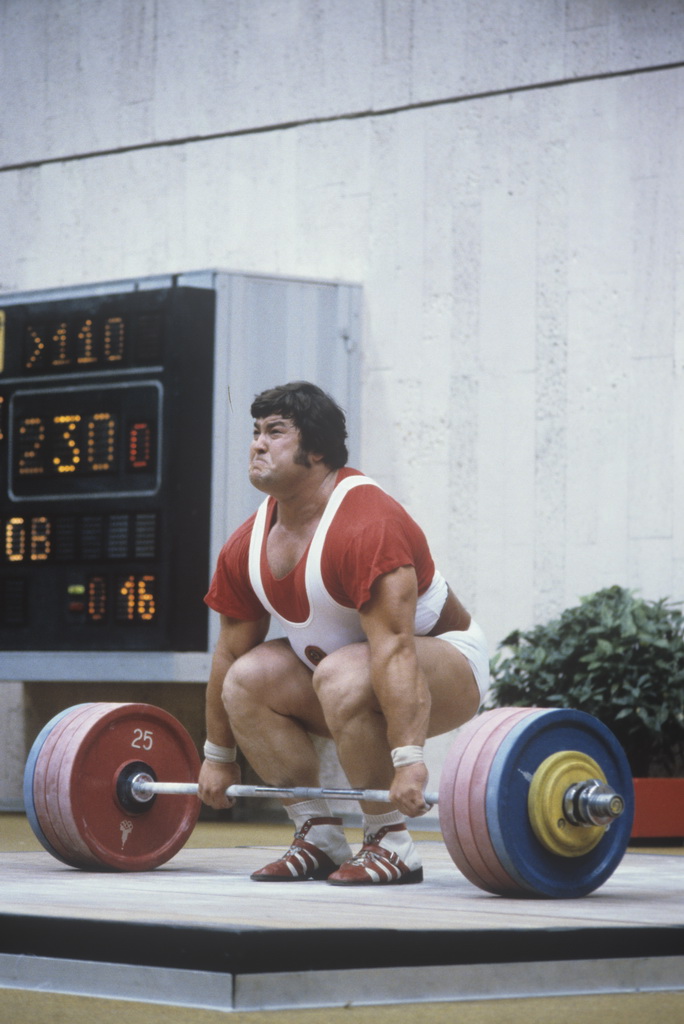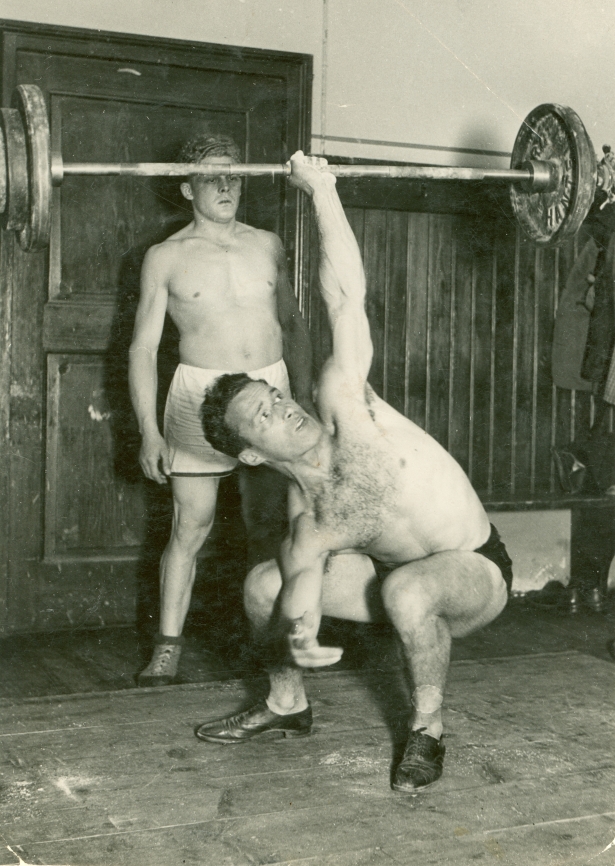Testosterone is a hormone that you could consider to be the essence of men. While the hormone is found in females as well, men’s elevated testosterone levels are a large portion of what makes them different from women.
From increased muscle and bone size to libido and energy levels, testosterone is one of the most important hormones for men to optimize, especially active or aging men.
There are a few ways to regulate and boost testosterone. Activity levels, diet, and sleep are all essential to proper testosterone levels, but supplementation can play a large role as well. Knowing this fact, many supplement companies have created testosterone-boosting supplements that sometimes cost a fortune.
Luckily, these expensive supplements aren’t the only option and there are some individual supplements that can help you boost your testosterone without breaking the bank.
Benefits and Importance of Optimal Testosterone Levels
Before we discuss the individual supplements that can boost testosterone, let’s lay some more detailed groundwork for why proper levels are so important. As mentioned above, testosterone is found in both men and women, but for men the impact is far greater. When men with low testosterone achieve optimal levels of testosterone, they describe it as if they were truly awake for the first time ever and are ready to conquer the world. Are you ready?
Testosterone is responsible for:
- General Mood and Energy Levels. Low testosterone levels have been linked to sadness and feelings of sluggishness.
- Libido. As a sex hormone, testosterone is in charge of driving libido. Low sex drive and sexual difficulty are often symptoms of low testosterone.
- Muscle Growth. Testosterone increases protein synthesis, resulting in faster recovery and muscular gains.
- Bone Strength. Testosterone increases bone density. Elderly men with low bone density have also been shown to have low testosterone levels.
- Hearth Health. Doctors are finding evidence that cardiovascular disease can be prevented when testosterone levels are healthy.
- Body Fat Regulation. Testosterone regulates many other hormones that impact body composition and there’s a correlation between bodyfat and testosterone.
Best Testosterone Boosters
Now that we’ve established that every man should optimize his testosterone levels, let’s look at some inexpensive supplements that can boost testosterone and libido.
DHEA
DHEA is a hormone naturally produced in a few places in the human body and is the most prominent steroid hormone in humans. It serves a number of functions, but the most important is its impact as a precursor to sex hormones including testosterone.
Natural production peaks around 25 years old and can decrease with age. There have been a few studies that show the impact and benefits of DHEA for men.
One study showed that DHEA raised free-testosterone levels following high-intensity exercise. Another study showed that daily treatment with 100mg resulted in positive body composition and strength gains in males only. With the former study in mind, recommended dosages can range from 25-100mg/day.
Arginine
While arginine isn’t linked specifically to testosterone, it has been shown to help boost libido and is a popular pre-workout supplement. Arginine creates NO (nitric oxide) within the body, which dilates blood vessels.
During a workout, this dilation helps to drive more nutrients to the muscle. It also helps to improve overall circulation, which is essential for proper sexual function. In one placebo-controlled study, men were given arginine for six weeks.
At the conclusion, the arginine group reported improved sexual performance. The measured results showed nitric oxide levels that began low and doubled within the six week period. For libido and exercise performance, recommended dosages start around 5-6g daily.
Tribulis Terrestris
While it has many regional nicknames, the herb known as tribulis terrestris is regarded by some as the holy grail of natural testosterone boosters.
Tribulis is used for erectile dysfunction, libido boosts, strength improvement, exercise performance, and overall testosterone boosts. For men, the potential upside of this supplement makes tribulis a must-try.
Like other super-herbs, it has other potential benefits as well, like improved mood and chronic fatigue relief. Dosage and cycling can vary since it may be considered adaptogenic, but starting dosages are around 85-250mg/day. Since it’s an herb that goes through a process, it’s also important to get a high quality source for maximum effectiveness.
The best thing about these supplements is that they shouldn’t counteract each other and would make a great stack. The mechanisms of action for each are so different that combining the three as a daily testosterone-boosting stack would make a fantastic way to improve your health, libido. and testosterone levels without spending a fortune.



